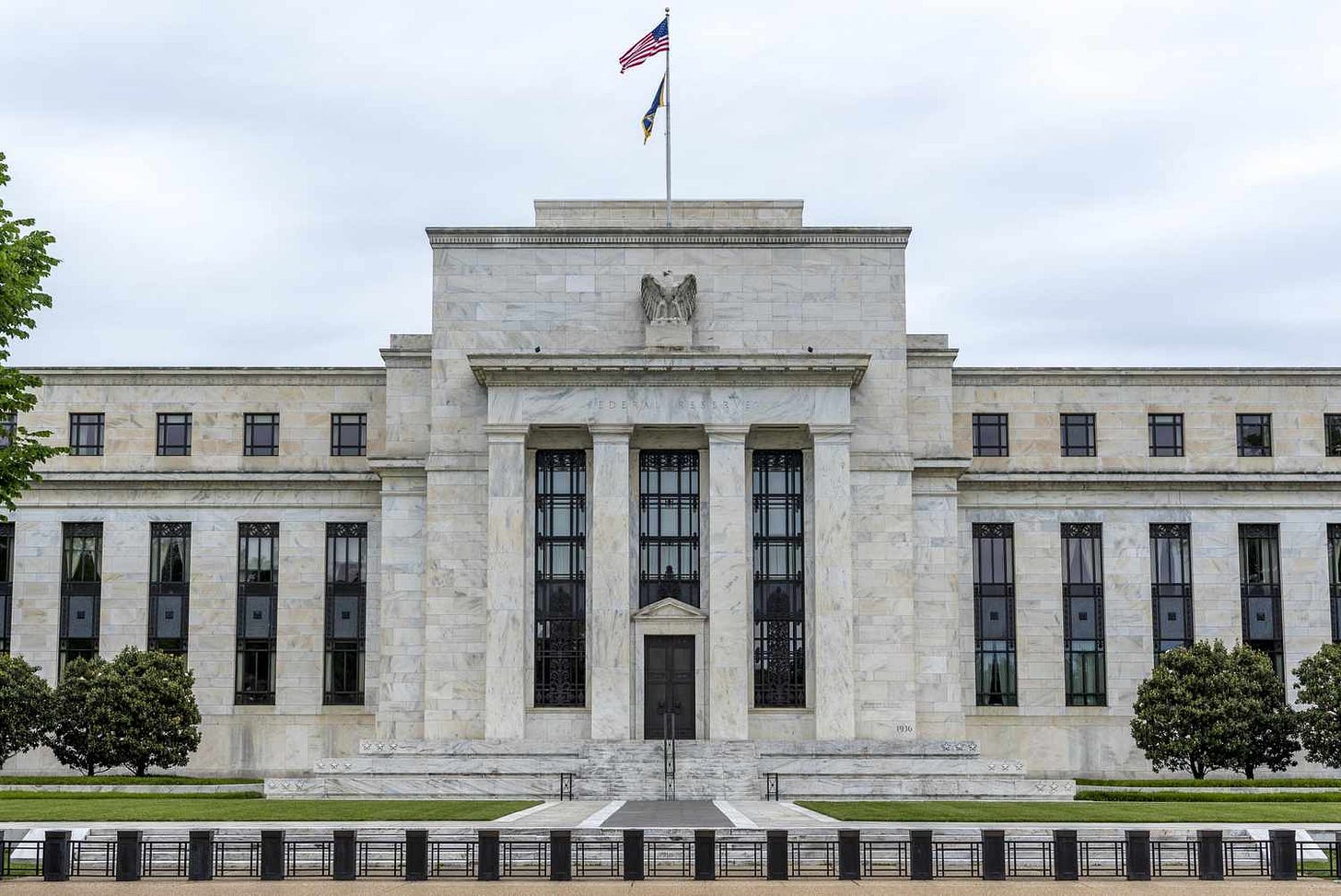An expanded oped on this topic was published at cryptoslate
The Stablecoin Act, as currently drafted, would effectively ban Tether from the US market due to its offshore operations.
This approach is a major policy error.
A robust global reserve currency thrives by exporting itself to foreign markets, not by pulling it back home.
Tether’s dominance in the stablecoin market proves there is substantial global demand for USD-denominated stablecoins that operate independently of US banks.
Offshore Stablecoins like Tether increase global demand for the USD by facilitating offshore transactions and offshore bank reserves of USD, reinforcing the US dollar’s international prominence.
Tether’s success proves there is substantial global demand for USD-denominated stablecoins that operate independently of US banks, and this demand will not disappear through domestic regulation.
Attempting to force all USD-denominated stablecoins to reshore deposits to US banks ignores a critical monetary principle known as "Triffin’s dilemma,” which describes how exporting currency overseas strengthens international demand but risks domestic inflation if too much of that currency returns home.
Here's why banning offshore-issued stablecoins would backfire:
Inflation Risks: If forced to relocate reserves to US institutions, Tether would import significant volumes of USD back into the US, potentially exacerbating domestic inflation. Meanwhile, international demand for offshore USD tokens would persist, prompting competitors to quickly fill Tether’s void overseas.
Reduced USD Liquidity Globally: If Tether opts to remain overseas to retain customers, the US ban would severely reduce its liquidity against the dollar. This harms users through increased transaction costs and weakens global demand for USD.
Geopolitical Risks: A proposed ban could unintentionally drive Tether and other foreign-issued stablecoins into strategic partnerships with nations actively seeking to undermine USD dominance. China is already actively developing financial alternatives to the USD, as demonstrated by recent deals like the Saudi $100B USD-denominated bond backed by RMB. This highlights an urgent, real-world risk.
A Better Path Forward:
Amending the Stablecoin Act to create exemptions for foreign-issued stablecoins would avoid these pitfalls. Allow these stablecoins to operate, trade, and be utilized within the US, but clearly label them as unregistered, higher-risk alternatives compared to fully US-regulated stablecoins. Empower the US-registered stablecoins to have benefits commensurate with their reduced risks.
Such an exemption:
Encourages global innovation to serve offshore USD demand.
Enhances USD's global usage without importing inflationary pressures.
Keeps market-based competition alive, letting consumers choose based on transparent risk disclosures.
By allowing regulated coexistence rather than outright banning stablecoins like Tether, the US can strategically bolster the dollar's global position, safeguard against inflationary risks, and encourage continued innovation in financial technology worldwide.




Hi Tom. Enjoyed the piece. Just only note that Teher's reserves are already onshore. They are at Cantor Fitzgerald in NYC. So some of the second order effects you list (eg inflation) would not apply. The key issue would be a balkanization of the Stablecoins market structure. Something that I surmise would happen regardless